Log splitter buying
akachrisinmass
12 years ago
Related Stories

GARDENING AND LANDSCAPINGWhat to Know Before You Buy Teak Outdoor Furniture
Learn about finishes, weathering, care and that age-old oil debate to get the teak furnishings that suit you best
Full Story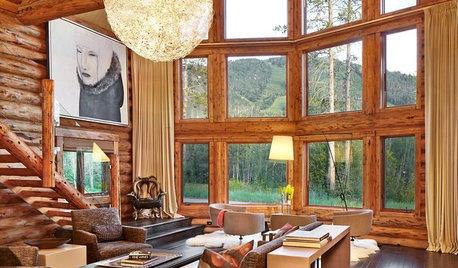
RUSTIC STYLERoom of the Day: Refining the Rustic in a Log Home
A log-heavy Colorado ski house gets a contemporary makeover that brings the soft, calm and comfy
Full Story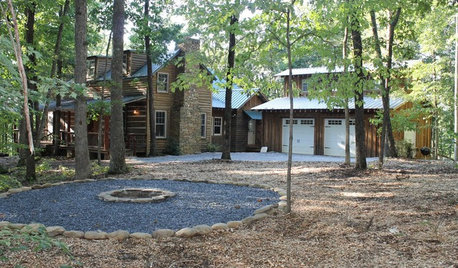
HOUZZ TOURSHouzz Tour: Legacy Lingers in a Historic Log Cabin
Built in 1809 and remodeled for today, this Georgia cabin has both a history and a place in the lives of future generations
Full Story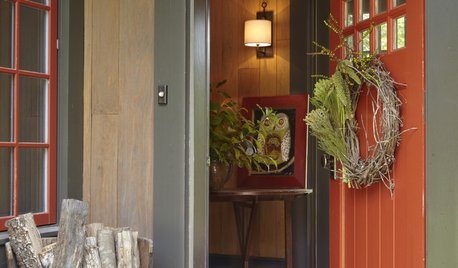
STORAGEStylish Log Storage for Traditional Homes
From one fire's worth to a full cord, these wood-storing options will have you stacking in style
Full Story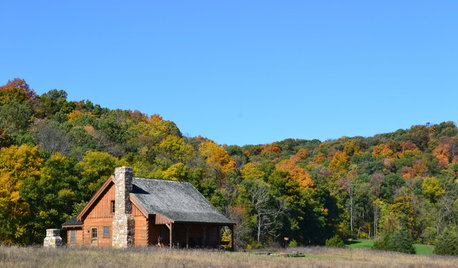
RUSTIC STYLEGet Your Rustic On for Log Cabin Day!
Celebrate rugged good looks and simpler times with a gallery of 10 gorgeous log cabins across the U.S.
Full Story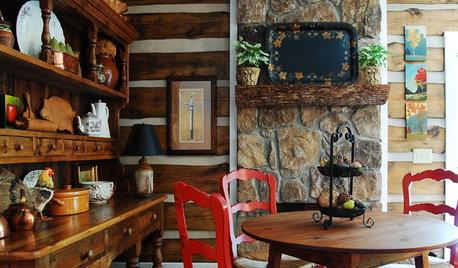
RUSTIC STYLEMy Houzz: A Rustic Log Cabin Charms in the Mountains of Alabama
An open layout, log walls and styled antiques create a comfortable, inviting getaway to share with friends and family
Full Story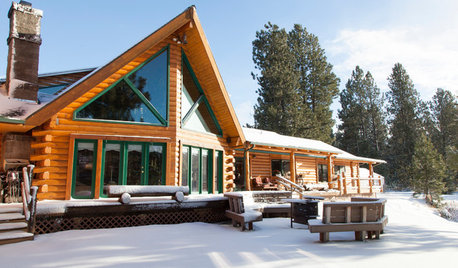
HOUZZ TOURSMy Houzz: Rustic Charm in a Handsome Log Cabin
Snowy vistas, hand-crafted touches, antlers aplenty ... this mountain home is the quintessential log cabin, especially during the holidays
Full Story
HOUZZ TOURSMy Houzz: A Surprisingly Light Lakeside Log Cabin
Light gray paint and lots of natural light take this cabin on a Michigan lake out of moody country
Full Story
DECORATING GUIDESBring Nature Indoors With Tree Stumps, Trunks and Logs
Furniture formed from wood in its natural state adds earthy elegance to any room
Full Story





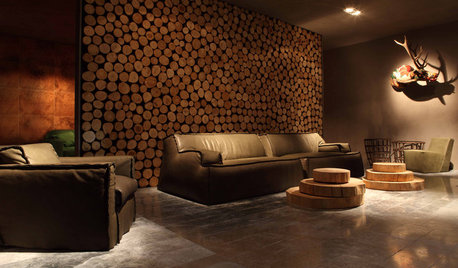
dmullen
nod702
Related Professionals
Maple Valley Landscape Architects & Landscape Designers · Camas Landscape Architects & Landscape Designers · Foothill Ranch Landscape Architects & Landscape Designers · Doctor Phillips Landscape Contractors · Fuquay-Varina Landscape Contractors · Miller Place Landscape Contractors · St. Louis Landscape Contractors · West Orange Landscape Contractors · Highland Springs Decks, Patios & Outdoor Enclosures · Justice Decks, Patios & Outdoor Enclosures · Kalamazoo Decks, Patios & Outdoor Enclosures · Lenexa Decks, Patios & Outdoor Enclosures · San Jose Decks, Patios & Outdoor Enclosures · West Chicago Decks, Patios & Outdoor Enclosures · University Park Home Buildersloger_gw
alphonse
loger_gw
alphonse
loger_gw